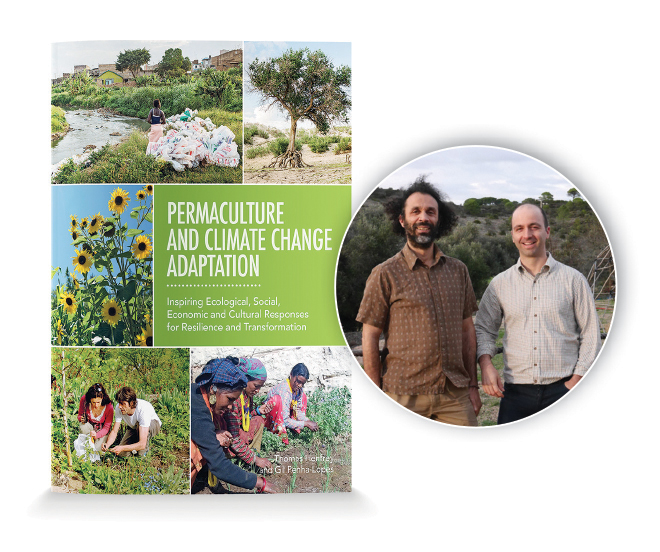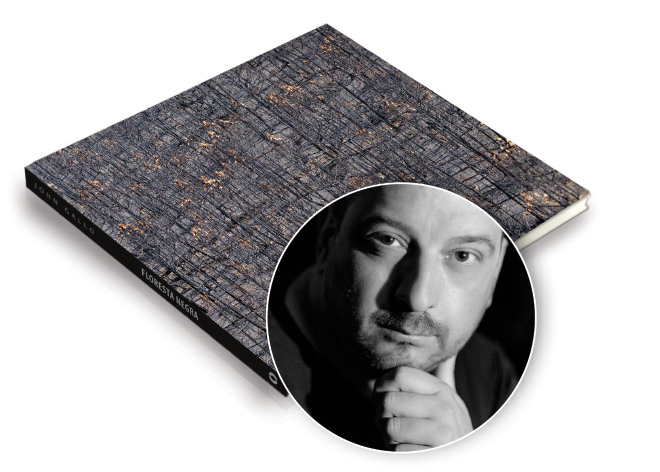I have been observing the Portuguese book market for a quarter of a century, having a look at new publications in fiction and non-fiction. I find most books offered by the traditional publishers, if you’ll forgive my saying so, rather boring: the selection of topics, as well as the style of writing and layout, are often old-fashioned. I sometimes wonder why so few young authors manage to produce their own books. Because it is in books that we realise our ideas and dreams, and tell our stories. Good books were always exciting and inspired other people – and were also bought. But, for this, publishers would have to be more prepared to take risks and readers more authentic. And are they?
I am increasingly interested by new publishers, new authors and talents, and by the few good translations of works from abroad. As I am myself from abroad, where there is a long tradition of reading and writing, and I look at Portuguese literature as if through an open window, I notice how little information reaches Portugal from abroad. Thinking in the traditional publishing houses is backward-looking.
And so I wonder whether publishers know what moves people and what they want to read? Many good young authors are waiting in vain for the chance of their life, not least because culture in Portugal is still elitist. That is the real problem. As a foreigner, I feel that literature has still not really reached ordinary people. Football has, but not literature. The Portuguese authors who interest me and have a story to tell are not published in Portugal but in the USA or the UK. How come?

For example, a young university professor by the name of Gil Penha-Lopes, who has also published an essay with us, has written a very interesting work of non-fiction (together with an English colleague) about permaculture. The book is not available for purchase in Portugal. Nonetheless, it is published by Chelsea Green Publishing in the USA. It is devoted heart and soul to sustainable living and all of us could usefully read it. Because it’s good, because it dares to take a fearless, sustainable look into the future. But this book is only available in English. So why isn’t it available in Portuguese (yet)? Because Portuguese non-fiction prefers to bluster on about the past. But to arrive in the present, authors need to think about the future.

That’s what a second book that I would like to mention deals with. It’s by John Gallo, a Portuguese press photographer who has won an award in Britain. In 2015, he started documenting the consequences of the forest fires in Portugal. Half of all the forest fires occurring in Europe happen in Portugal. Why is that the case, he asks us? As no Portuguese publisher has so far been ready to invest in the idea of this book with the working title “Black Forest” (Floresta Negra), the photographer sought crowdfunding for the concept of his book www.ppl.com.pt/pt/prj/floresta-negra in order to obtain the capital in this way. It’s only a matter of close on 1,000 euros, which has to be raised by the end of December. So, people who would like to spend 25 euros will receive the book in advance, and signed in person by the author: an excellent present for good friends.
CHELSEA GREEN PUBLISHING
www.chelseagreen.com
CROWDFUNDING LIVRO FLORESTA NEGRA
www.ppl.com.pt
 Eco123 Revista da Economia e Ecologia
Eco123 Revista da Economia e Ecologia


